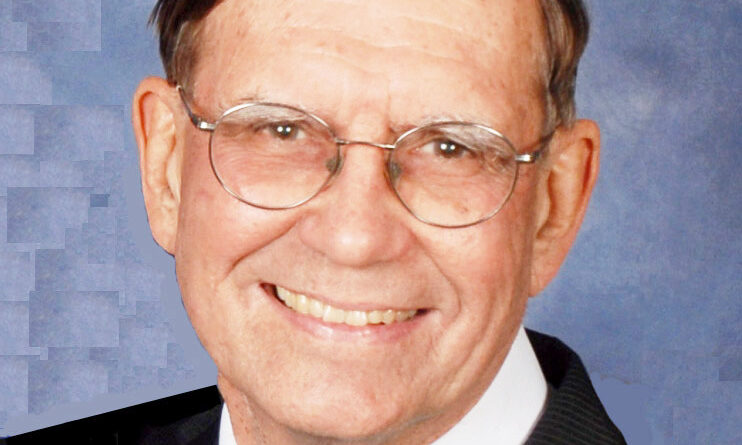
Chuck Roberts
According to businessinsider.com, the White House is hiring political influencers to reach a younger demographic that resides on the Internet and does not read traditional media. An influencer is a person, usually on social media (Snapchat, Twitter, YouTube, etc.), who has built a reputation for having a degree of expertise in a certain area of knowledge or has name recognition due to sports, movies, etc. They usually post opinions on topics they know about and have many followers who listen to their opinions and may act on their recommendations. Advertisers have often used movie stars, sports personalities, politicians, etc. on television or print media to influence those who hear or see their advertisements. Michael Jordan promoting Nike sneakers is an example. What’s new is the proliferation of influencers on the Internet and their number of followers. Anyone can be an influencer as long as they have followers who trust the influencers opinions, believe they are authentic, follow the influencer on various social networks and receive responses from the influencer.
There are three levels of influencers. Macro-influencers, like some movie stars, have millions of followers; micro-influencers have approximately 10,000 to 100,000 followers; and nano-influencers have less than 10,000 followers. Influencers can profit from their notoriety. A macro-influencer can earn between $100,000 and $250,000 per year. Most influencers earn between $30,000 and $100,000 per year. Effective influencers have the power to influence their followers’ purchasing decisions based on perceived trust. The influencer industry is expected to reach nearly $10 billion in revenue this year. This income comes from publications that market a product, services or ideology (policy). To increase their number of followers, influencers can buy followers. This tends to reduce their credibility, as purchased followers do not necessarily endorse influencers’ posts.
Back to influential politicians, according to dailymail.co.uk, the White House has hired Henry Sisson, a 20-year-old political commentator and Gen Z advocate who has more than 600,000 followers on TikTok, to increase support among Gen Zers for generation Z. re-election of the president. Members of Generation Z (those born from the late 1990s to the early 2000s) are very familiar with using the Internet. They follow popular social and political influencers who tend to dominate the discussion with their take on politics, guided by websites such as video posts (YouTube), podcasts, and individual influencers. Influencers provide a way to create bonds with potential voters by using shared stories, shared values, and other characteristics that are palatable to the audience. Influencers comment on posts that connect them with those who write the posts. In other words, political influencers make politicians look like normal people. The main influencers in the internet political sphere are a CNN commentator and others with similar views that suggest a left-leaning of the discussion. Gen Zers tend to trust what is being said in the internet sphere and rarely look at media outside of the internet or with an opposing point of view. This makes it difficult to assess whether the influencer’s opinion is biased.
When I come across an influencer, I often ask myself “What’s in it?” If they are paid to promote a political philosophy, they may not be a true supporter, but they influence for money. Look for shared values in an influencer who has been promoting the philosophy consistently for several years. Is the information presented by the influencer consistent with your knowledge in a given area? For example, the Secretary of Energy recently said that it is possible for the military to switch all fossil fuel vehicles to electric vehicles by 2030. An absurd statement, in my view, since it would require generators to fossil fuel electric vehicles follow these electric vehicles into battle or make sure there are charging stations in the middle of a desert. When I listen to an influential politician, I go back to the saying: “Half the fairy tales start with ‘once upon a time,’ the other half start with ‘if you choose me, I promise…'”
[ad_2]
Source link





